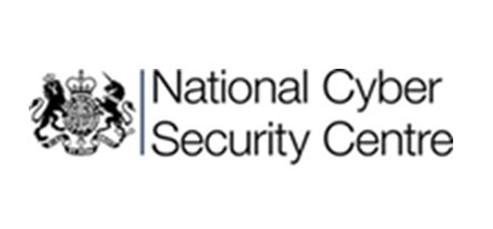Events: NCSC Digital Lofts
Everyone can do something to improve their cyber security, you don’t have to be from an IT or technical background.
The NCSC are here to help you understand what actions you can do to improve your own and your organisation’s cyber security.
We are running a number of 1 hour webinars in June specifically aimed at small organisations, although anyone is welcome to join.
You can register for each of the events listed below by clicking on the titles.
11.30 on Monday 13th June – Cyber Aware for Sole Traders and Micro-Businesses
Learn how to protect yourself or your small organisation online including passwords and 2-Step Verification (2SV).
11.30 on Thursday 16th June – Cyber Security for Small Organisations
How to improve your cyber security; affordable, practical advice for businesses.
1pm Wednesday 22nd June – Cyber Essentials
Cyber Essentials helps you to guard against the most common cyber threats and demonstrate your commitment to cyber security.
The new free Email Security Check service, from the National Cyber Security Centre, helps organisations identify vulnerabilities affecting their email domain and offers security advice so they can take action to fix them.
Officially launched on day one of the CYBERUK 2022 conference, the tool enables users to look up any email domain to check whether it has recommended security measures in place to prevent cyber
criminals sending out malicious emails and to protect email privacy.
Email Security Check requires no sign-up or personal details to use and is aimed at helping technical teams at organisations quickly identify issues so they can bolster their defences using NCSC guidance on email security and anti-spoofing. The tool is a developing service and new features will be added in due course to help organisations enhance their defences.
Email Security Check looks up information about domains that is already publicly available online and checks for two important areas of cyber security: anti-spoofing and email privacy.
It checks that anti-spoofing standards, such as DMARC, are configured correctly to help organisations prevent cyber criminals from abusing their domain and sending out malicious emails pretending to be them.
It also looks up whether privacy protocols, such as TLS, are in place to ensure that emails are encrypted when in transit so they cannot be accessed and remain confidential between mail servers.
Eligible organisations can access more in-depth guidance on implementing the recommended standards by signing up for the NCSC’s free Mail Check service.
While anyone can access the service to check the security of email domains, the tool cannot check if an individual email or email domain is malicious. If individuals receive a suspicious email, they should report it to the NCSC by forwarding to [email protected].

